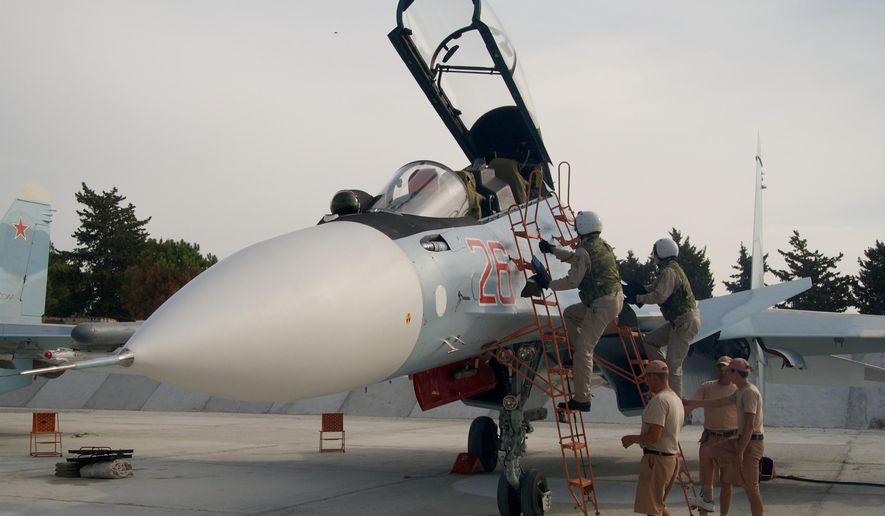Alwaght- Moscow refuted Washington's claim that the purchase of Russian Su-30 fighter aircrafts were prohibited for Iran under a United Nation Security Council resolution, which endorsed the nuclear deal between Iran and Eu3+3 group in July 2015.
Reacting to the US Under Secretary of State remarks who claimed Washington would use its veto power in the Security Council to block the possible sales of the fighter jets to Iran, Head of the Russian Foreign Ministry’s department for non-proliferation and arms control, Mikhail Ulyanov said “Such deliveries are not prohibited, they are allowed, and this follows from the text of the resolution,” the Interfax news agency quoted him as saying.
The US Under Secretary of State remarks, Thomas Shannon, said on Tuesday “The sale of Su-30 fighter aircraft is prohibited under UNSCR 2231 without the approval of the UN Security Council and we would block the approval of any sale of fighter aircraft under the restrictions.”
Shannon claimed that under the resolution, such weapon deliveries “require the submission of relevant notification to the Security Council and this notification’s endorsement by the Security Council.”
Ulyanov said Moscow has not forwarded such a notification to the Security Council so far.
Some politicians say the Resolution does not prohibit Iran from buying fighter jets, and its language is not legally binding and cannot be enforced with punitive measures.
Su-30 is a multirole advanced fighter aircraft for all-weather, air-to-air and air-to-surface deep interdiction missions.
Zamir Kabulov, a department chief at Russian Foreign Ministry, also said on Tuesday Moscow would begin the first shipment of its S-300 air defense missile systems to Iran in the coming days.
"I don't know if this will happen today, but they (S-300 missiles) will be loaded (for shipment to Iran)," Interfax quoted Zamir Kabulov.
Russia is committed to delivering the systems to Iran under a USD-800-million deal in 2007. Moscow, however, refused to deliver the systems to Tehran in 2010 under the pretext that the agreement was covered by the fourth round of the United Nations Security Council sanctions against Iran over its nuclear program.
Following Moscow’s refusal to deliver the systems, Tehran filed a complaint against the relevant Russian arms firm with the International Court of Arbitration in Geneva.
In April 2015, Russian President Vladimir Putin signed a presidential decree, paving the way for the long-overdue delivery of the missile defense system to Iran.



























